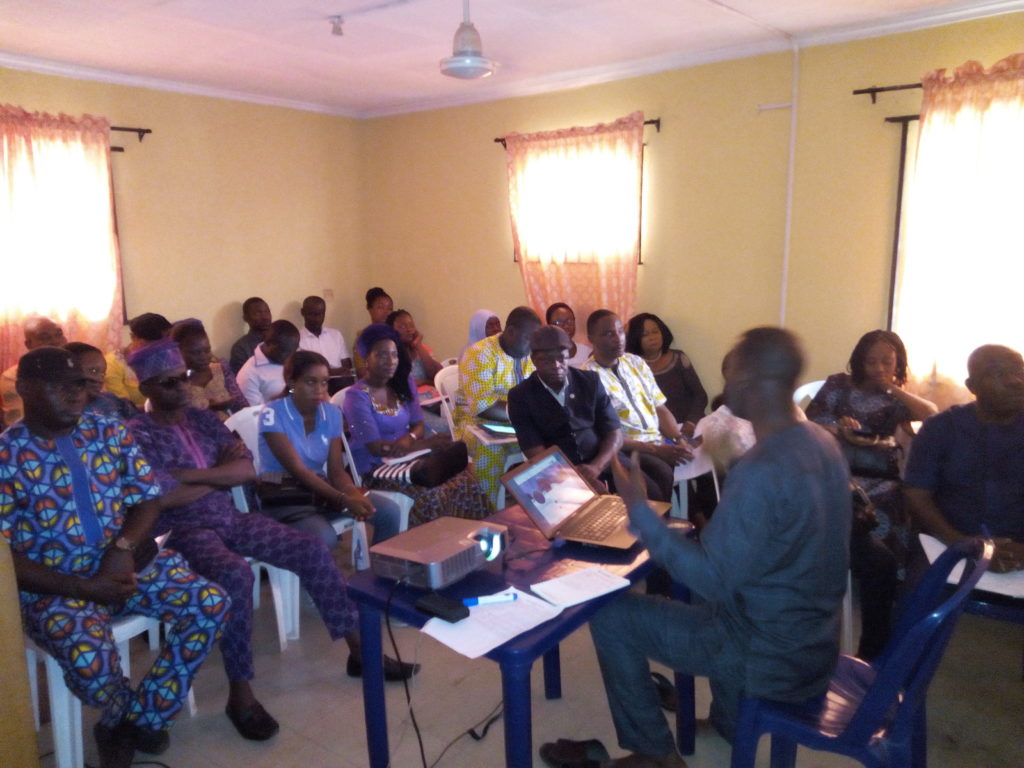Lekan Otufodunrin writes on the need for traditional journalists to master the use of new media to maximise available opportunities
When I speak and write repeatedly about the need for traditionally trained journalists to become new media savvy, the feedback I sometimes get is that I’m over stressing the issue.
After all, some say, we have been practising journalism for years long before the coming of the new media, so why should it be made to seem that without new media knowledge it may be impossible to remain relevant in the profession.
I have also heard some journalists say “please spare me all this hype about new media. All I want to do is write, I don’t have time for all these social media nonsense.”
It’s true that with what some old journalists have accomplished in the profession, they can afford to plead to be too old to learn new tricks and if need be, they can hire persons to take care of what they are expected to do on new media.
There is indeed more to being a journalist than knowing how to use new media, but for many who should not be making this kind of claim, it’s a matter of time before they will realise they should have known better.
READ ALSO: Media Career Q&A: How can I get a media job in 2010
The point is not that new media will totally replace traditional media practice. There is not likely to be a time when every print or broadcast organization will only be online, but the need for proper convergence in terms of operations and utilization should be taken more seriously by all who should before it’s too late.
For anyone who wants to continue to be as relevant as he or she should be in the media and maximize available opportunities, being new media savvy is a must.
The good thing is that traditional journalists have the necessary editorial skills and deep knowledge of various issues but there is a need to have multimedia knowledge to know the various options for dissemination of information nowadays.
It should not be that experienced journalists remain poorly paid or have no work to do when digital-savvy young content producers are better paid and constantly engaged by organizations and individuals who need their services.
We must be concerned about how to survive in a rapidly changing industry that requires that a journalist can do more than only write or produce programmes.
The new journalist and one of the future must be able to produce editorial content and have a good following on social media to enhance the reach of his other work and that of their organisations.
He or she must have active social media handles that give him or her wide visibility beyond the platform they work for. They should be regarded as thought leaders on issues they report on and be the go-to person when an expert is required in their area of expertise.
They should be able to have blogs and websites of theirs and be familiar with basic procedures like uploading and optimising content.
A veteran journalist told me of his plan to publish a book and asked if I know a publisher who can take up the task, but I told him it may be difficult for any company to take him on as he is virtually not known as widely as he should by his target audience.
We are now in an age where more than half of the publishing and marketing of a book is done online, not only by the publisher but by the author.
The new media knowledge imperative also means that managements of media houses must be knowledgeable well enough to come up with new options of how to utilize their staff by offering additional products and services using the new media skills.
Media houses now need reporters and managers who can come up with better utilization of their content and earn available additional revenue.
How about reporters becoming more conscious about how well their content is doing online and offline? How about monitoring feedbacks and engaging with the audience to serve them better with analytics from platforms back end?
What about journalists being able to produce sellable e-books, conducting webinars, managing YouTube channels and much more for organizations they work for or on their own?
Dr Tunde Akanni of Lagos State University recently retweeted a tweet about someone who said after some failed endeavors he signed on Twitter and has been able to publish a number of books. My response was that instances like this are why I want more traditional journalists to know more about new media and be able to utilize it based on their deep knowledge of issues people want more information on instead of thinking new media is a fad.
No, it’s not. All that is required is the willingness to know new skills that can complement what we also know how to do and be better at it whether employed or not.
With our laptops and phones, there is a lot that can be done remotely by any new media savvy journalist.
I guess I have hyped this issue too much again. Forgive me if I have. I just think we cannot continue to complain about the lack of opportunities in our profession when some of us may just not have the right skills to be what we should be in the new media space wider than the usual traditional space we are used to.
I presently write for on freelance basis for a platform at a relatively good fee in my spare time because they found me online and was able to reach out to me.
As long as you keep your online engagements as professional as you should, it will be a major plus for you and not a distraction as many fear.
So much for this new media hype!

